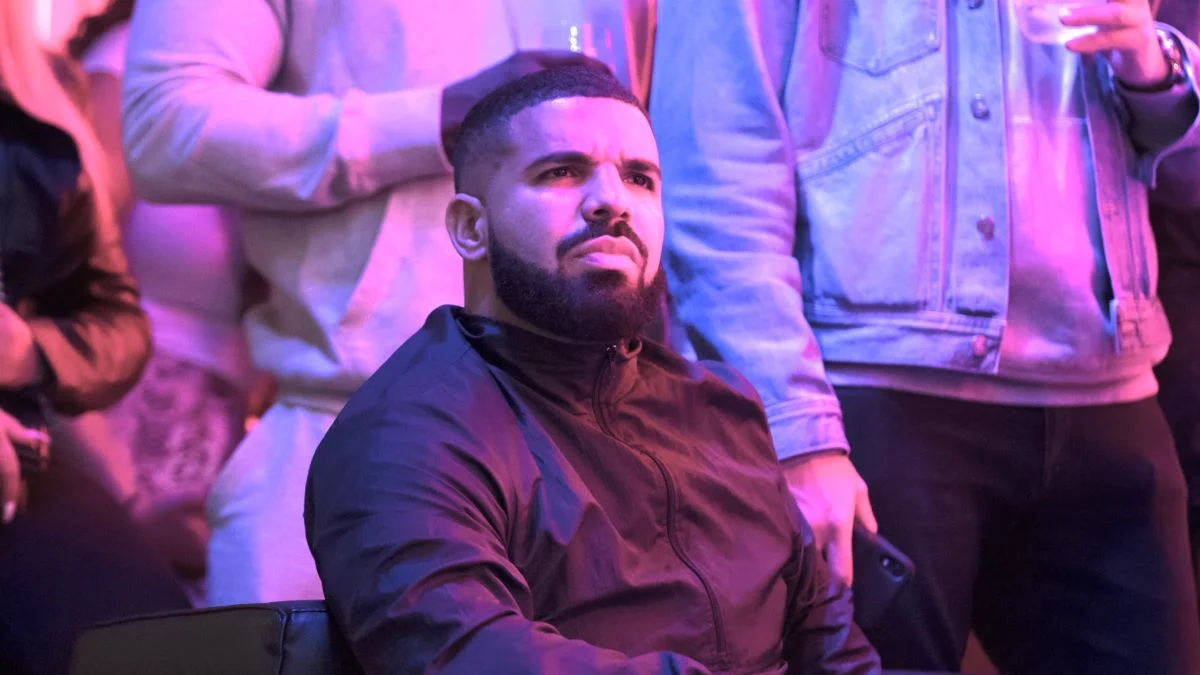Drake’s ongoing drama with Kendrick Lamar following their infamous rap battle of May 2024 has taken an unexpected turn. The battle, which many fans consider to have been decisively won by Kendrick, reached a new level of tension after Kendrick’s song Not Like Us topped the charts and became a viral sensation. Now, Drake is taking legal action, alleging that Universal Music Group (UMG) played a pivotal role in promoting the track unfairly. According to Drake’s lawyers, UMG used bots to artificially inflate Kendrick’s streams, hired influencers to push Not Like Us, and even reduced their usual royalty rates by up to 30% to get Spotify to recommend the track more aggressively to users.
However, there’s a significant complication: Drake himself is signed to Universal Music Group. This has led many to question whether he is truly looking out for the integrity of the music industry, or if this is just the result of a bruised ego from losing to Kendrick. Some fans have even humorously referred to Drake’s actions as his “January 6th,” suggesting that the battle’s outcome is causing him to spiral into denial.
Drake’s lawsuit claims are serious, as they could potentially expose the use of manipulated streams—an issue that could reshape the entire music industry, particularly for smaller artists who could be adversely affected by artificial promotion. If proven true, these practices would create an unfair playing field, where major artists like Drake and Kendrick could dominate while smaller musicians struggle to be heard.
But, as much as Drake might have a point about potential manipulation in the streaming world, it’s hard not to see this as a classic case of a sore loser looking for ways to cope with the humbling defeat. His claim that Not Like Us is an “eviscerating” attack on him—calling him a “pedophile” and having an irresistibly catchy jingle—is understandable, but this lawsuit might be more about his hurt pride than cleaning up the industry.
UMG, for its part, denied the allegations in a public statement, emphasizing that their marketing practices are ethical and transparent. They assert that the suggestion of foul play is offensive, and that the success of Not Like Us is simply due to the fans’ choice. Spotify, meanwhile, has not commented on the situation.
Ultimately, this controversy could have far-reaching implications for the music industry, but at the core, it seems to stem from Drake’s inability to accept losing the battle. Whether this lawsuit will lead to meaningful change or just further fuel the drama between these two artists remains to be seen, but for now, Drake’s fans are unlikely to forget the spectacle of their idol fighting to undo his loss in the public eye.

